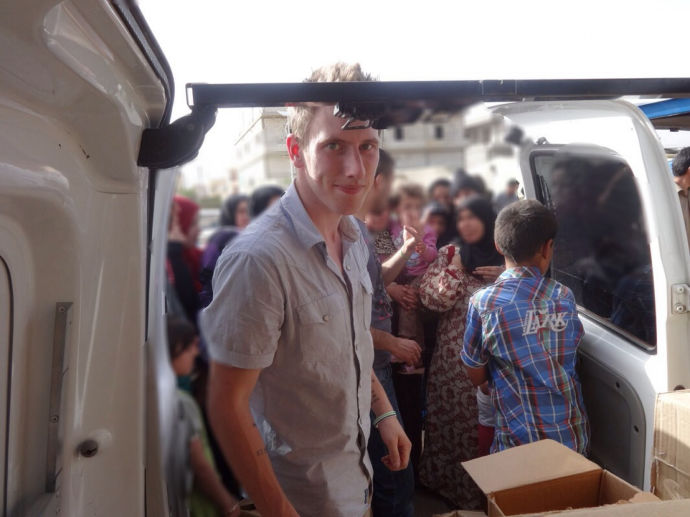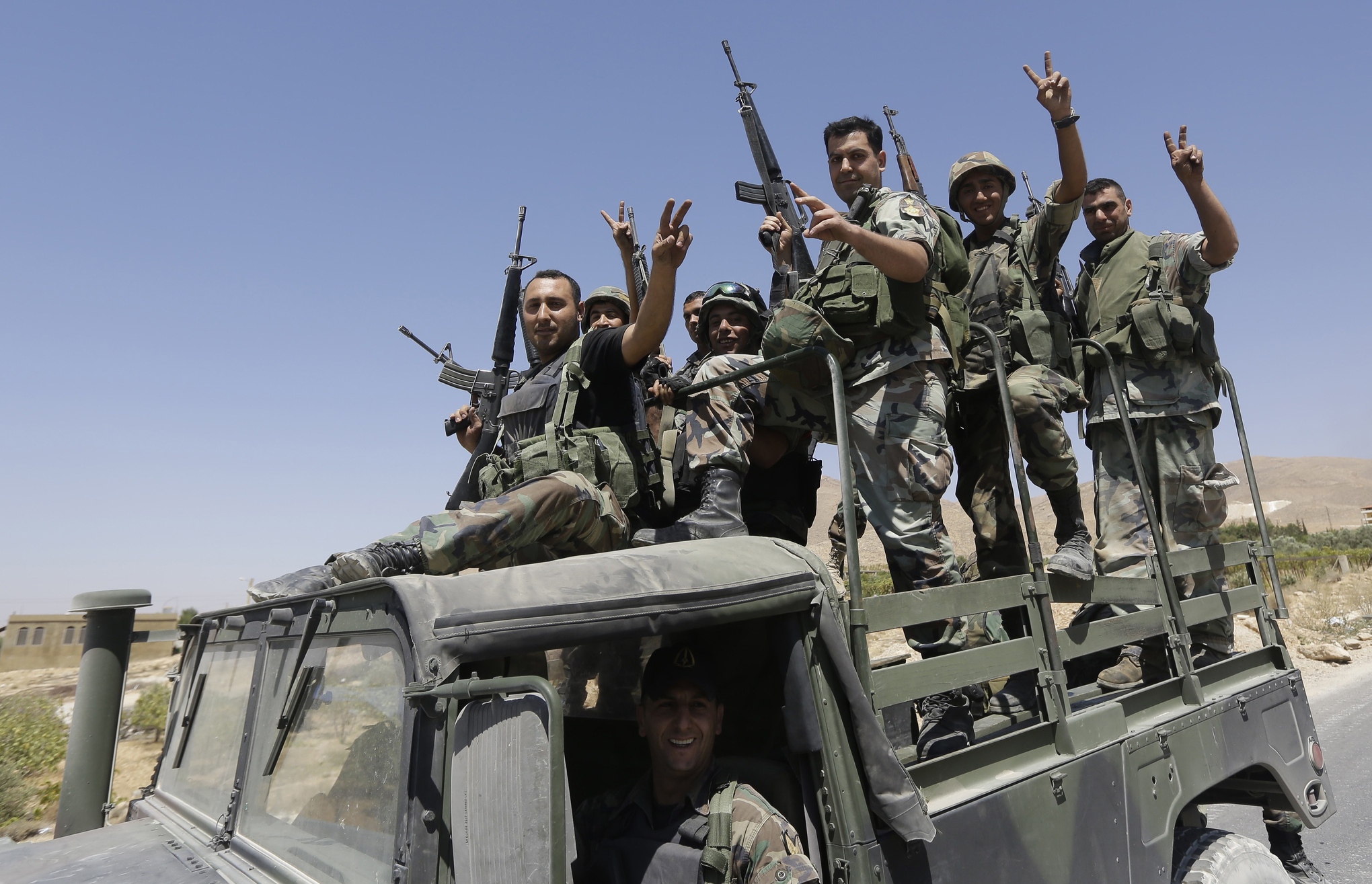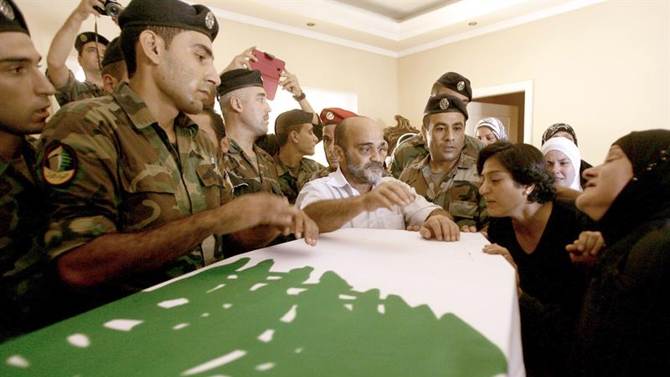
In 2007, Peter Kassig, a nineteen-year-old from Indianapolis, Indiana, left the Army and embarked on a period of deep searching. His deployment to Iraq, as a member of an élite Ranger battalion, earlier that year, had been cut short for medical reasons, but it had left a lasting impression: he knew that waging war was not for him.
Kassig returned to Indiana, where, in the course of the next five years, he tried college and marriage, but neither took. During a break from classes in the spring of 2012, he travelled to Lebanon, and, as the crisis in Syria swelled, he decided to stay in the region. On October 1, 2013, Kassig was captured by Syrian militants, and he has been held by them since. Islamic State, also known as ISIS, which has been steadily executing Western hostages, now says that he will be the next to be killed.
Kassig was one of many itinerant idealists in Beirut, Syrian and foreign alike, who were drawn to the uprising: students gave up their classes to stand in front of tanks, doctors left lucrative practices to treat patients on the front lines, Western journalists wanted to share the war with the world. What set Kassig apart from many of them was his intense drive and restless engagement with his surroundings. While friends drank beer at bars on Gemmayze Street, Kassig grabbed camping gear and set out for the mountains. He visited the Palestinian refugee camps that dot the landscape around Beirut, thinking about ways to bring solar power and other utilities into those neglected communities. Later, as the war in Syria encroached on Lebanon’s borders, sending desperate and wounded civilians into rural communities in the north, Kassig travelled to Tripoli to volunteer his services at a clinic, suturing wounds and comforting the dying. (He had received medical training in the Army and had studied to be an E.M.T. in Indiana.)






